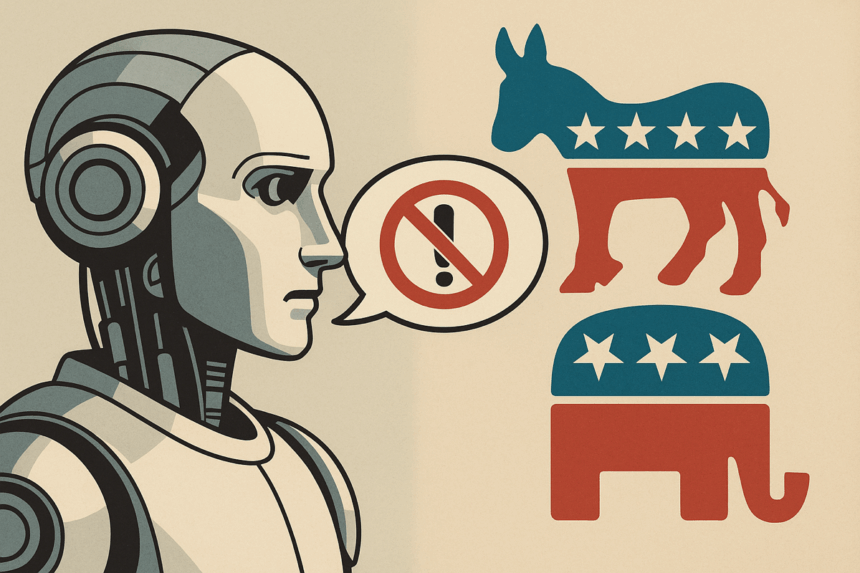Anthropic has tightened the rules for its Claude AI chatbot. They are blocking its use in weapons development while softening restrictions on political content. This move reflects both the dangers of large language models and the grey areas around their role in public debate.
What’s Happening & Why This Matters
The updated policy now bans Claude from being used to design or synthesise biological, chemical, radiological, or nuclear weapons. This includes explosives and high-yield materials. Anthropic had already prohibited weapon-related requests, but this is the first time the company lists such detailed categories.
At the same time, Anthropic has relaxed another controversial rule. Claude can now support political discourse as long as the use is not deceptive or disruptive to democracy. Additionally, it must not be linked to voter targeting. The company explained that the decision allows “legitimate political discourse” while still guarding against manipulation.
Claude’s updated terms also forbid its use in cyberattacks or for creating malware. This addresses growing concerns that generative AI could lower barriers for hackers.
The Significance

Experts have long debated the risks of AI misuse. While no public cases exist of terrorists building weapons through chatbots, research suggests the potential is real. A 2025 report by HiddenLayer showed that safeguards in models from OpenAI, Anthropic, Meta, and Google could be bypassed. They could produce uranium enrichment guides. Although the content was already available online, the AI reformatted it in a way that made it easier for non-experts to follow.
In 2024, academics from Stanford University and Northwestern University reported that today’s AI tools do not “substantially contribute” to biological threats. However, future systems might be able to assist in engineering pandemic-causing pathogens.
AI’s role in politics also raises concerns. Foreign governments, including China, have allegedly used chatbots to generate propaganda and translations for international audiences. Critics argue that opening Claude to political content could create new risks. This is true even if Anthropic says it restricts manipulation and voter targeting.
TF Summary: What’s Next
Anthropic is drawing a firm line between security threats and political speech. Its updated policies show that AI companies are under pressure to protect society while balancing free expression. Expect more companies to refine their rules as researchers test the limits of chatbot safeguards.
The tension between restricting harmful use and enabling open debate will only deepen as models grow more advanced. Whether Claude’s new rules succeed in walking that line will depend on how effectively Anthropic enforces them.
— Text-to-Speech (TTS) provided by gspeech


